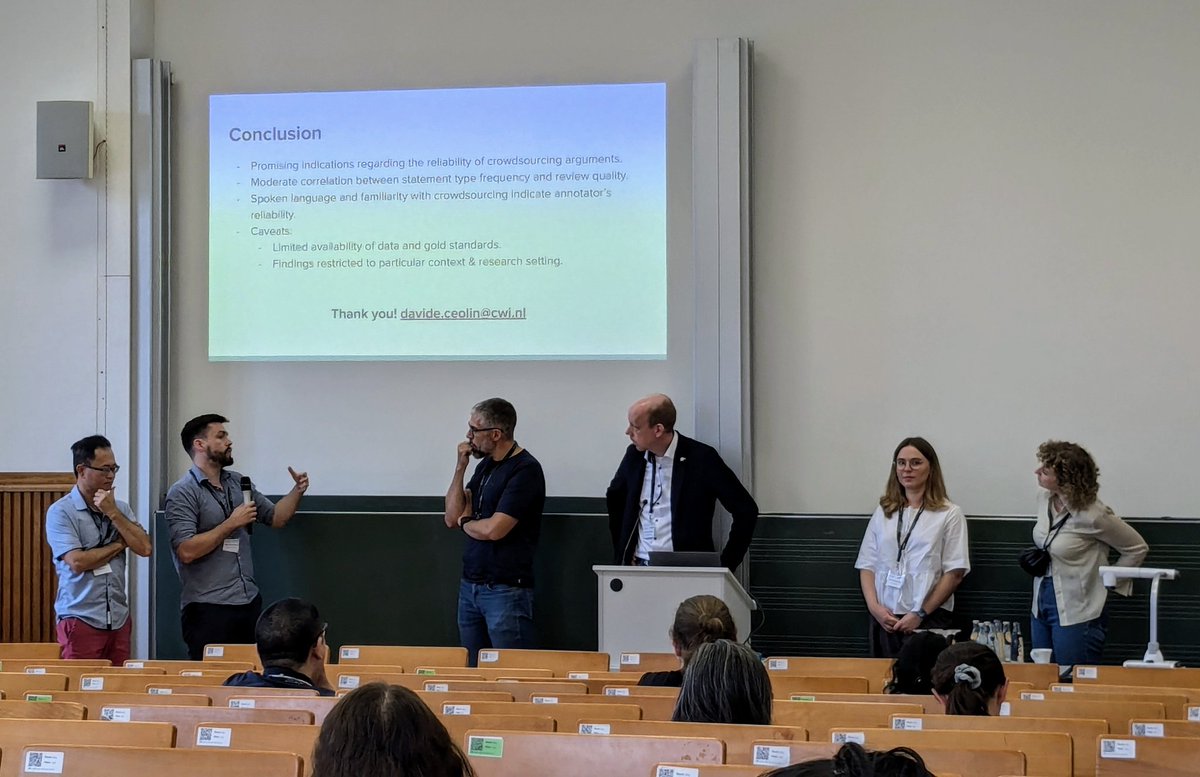
MISDOOM
@misdoom
Official account for MISDOOM - Multidisciplinary International Symposium on Disinformation in Open Online Media l 6th edition coming on September 2-4, 2024.
ID: 1501287161814917120
http://2024.misdoom.org 08-03-2022 20:03:02
149 Tweet
228 Followers
50 Following

How LLMs can be used to support and augment the fact-checking process? MISDOOM Digital Democracy Centre NORDIS Infomedia_uib Carl-Gustav Lindén Read more here: link.springer.com/chapter/10.100…



We kick off the second day of #MISDOOM24 with a keynote by W. Quattrociocchi on "Polarization: Information, Opinions and other Monsters"



The study authored by Anatoliy Gruzd 🇨🇦 🇺🇦 🏳️🌈 Philip Mai Felipe Soares is published open access at doi.org/10.1007/978-3-…









